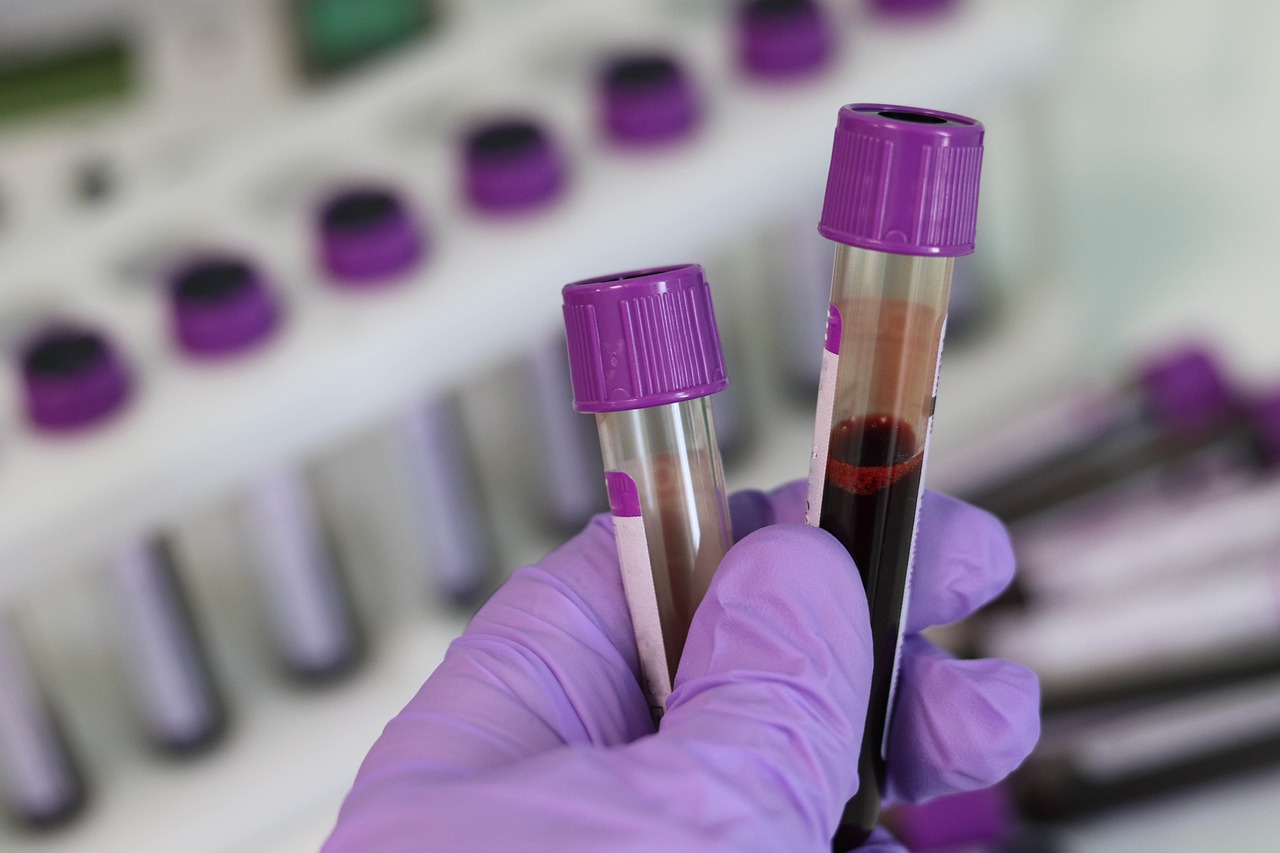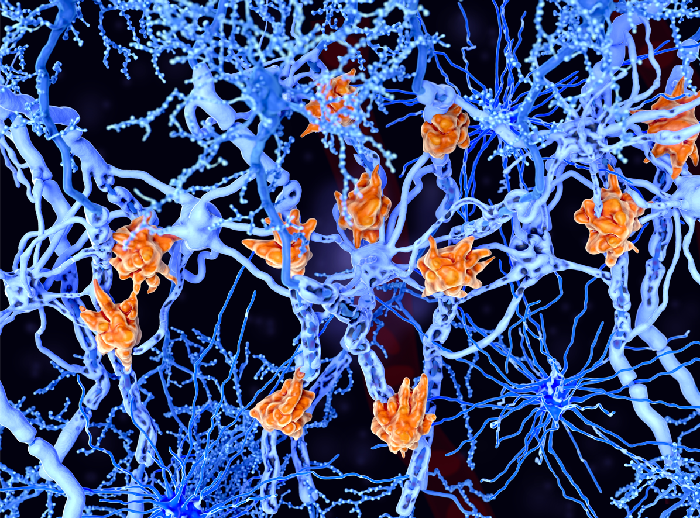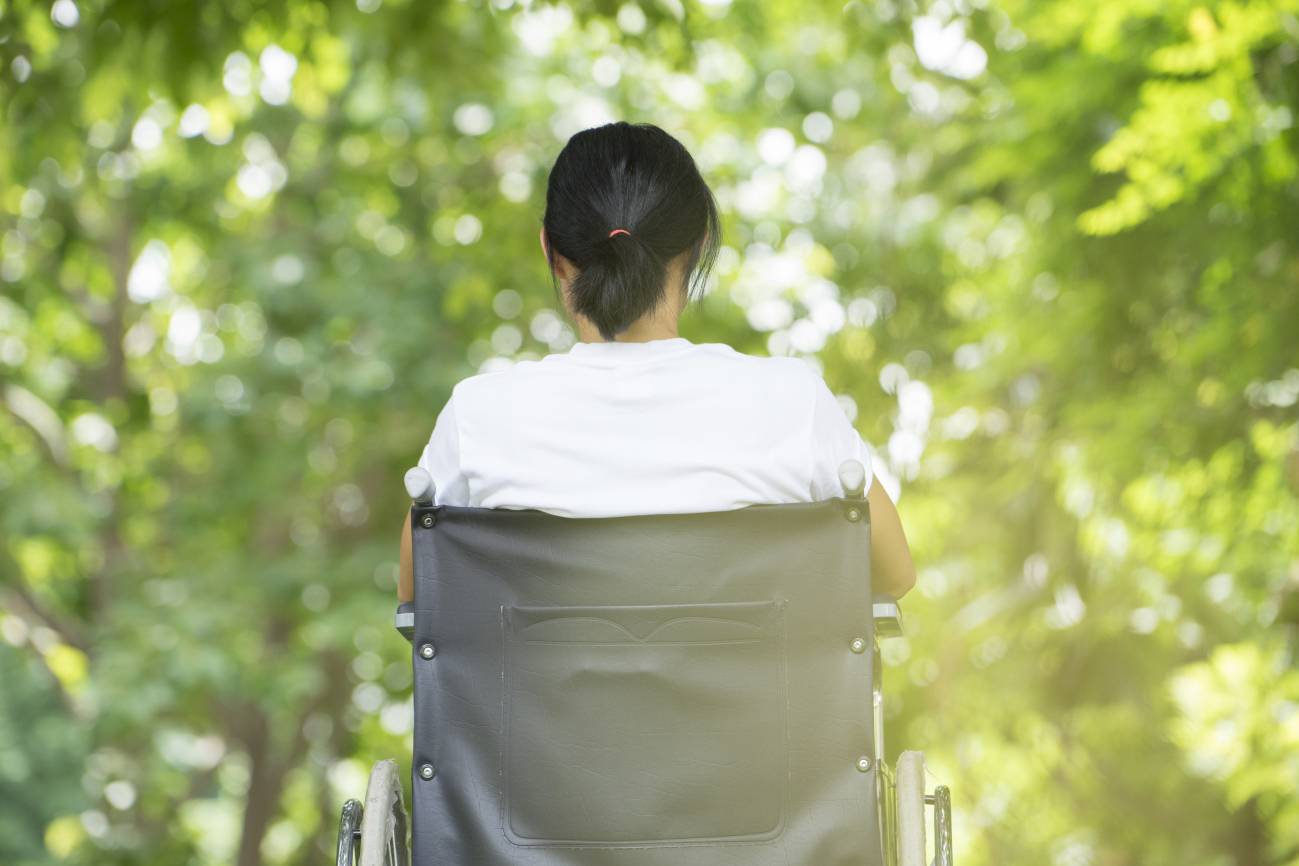Specific antibodies identified that may explain part of the link between multiple sclerosis and the Epstein-Barr virus
Epstein-Barr virus infection appears to be a necessary condition for developing multiple sclerosis, but the specific mechanisms that cause it in some people are not known. An international study of more than 1,300 people, including 650 patients, has found that elevated production of certain antibodies increases the risk of developing the disease. These antibodies target a specific protein in the virus, but can in turn act in a cross-species manner and damage other similar proteins in the nervous system. The results are published in the journal PNAS.







